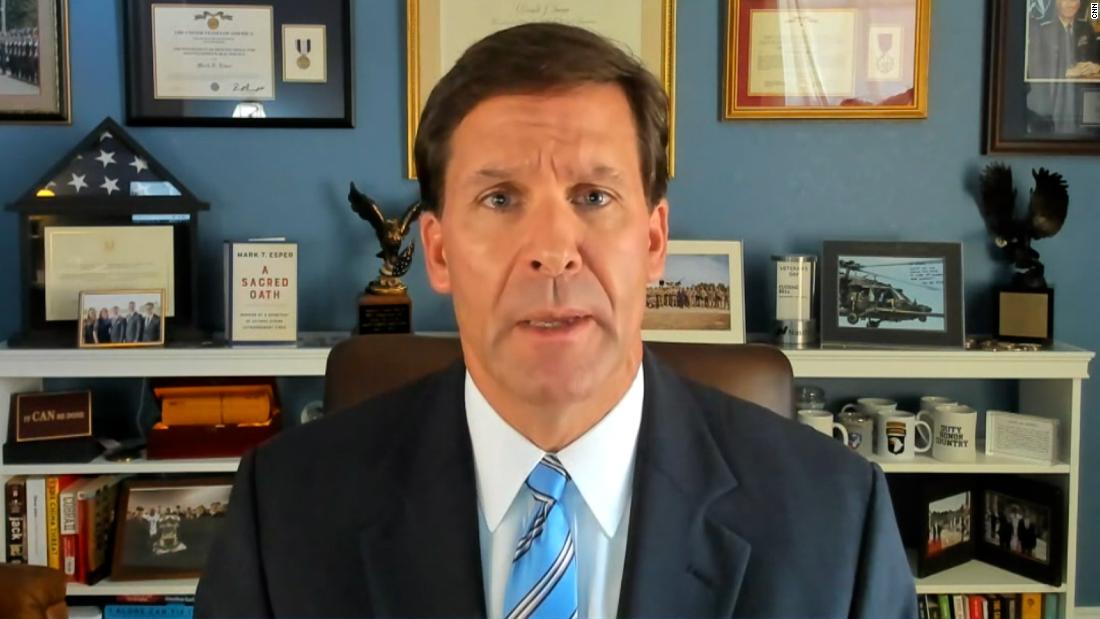US Park Police Targeted for Reforms
Interior Secretary Deb Haaland is creating a task force to increase trust in the Interior Department’s law enforcement agencies, including the National Park Service (NPS). Last summer the Park Police attracted attention for forcibly dispersing protesters outside the White House.


US Park Police. Photo courtesy National Park Service.
The Biden administration has unveiled another part of its plan to reform policing: Interior Secretary Deb Haaland is creating a task force to increase trust in the Interior Department’s law enforcement agencies, including the National Park Service (NPS), The Hill reports.
The task force, which Haaland announced in a Wednesday memo, will encompass law enforcement programs through the NPS, the Fish and Wildlife Service, the Bureau of Reclamation, the Bureau of Land Management and the Bureau of Indian Affairs. Strengthening trust in law enforcement programs, making sure appropriate oversight occurs and ensuring resources are available for officer mental health are all top priorities.
“I am confident that this Department-wide approach will identify meaningful solutions to assist law enforcement and communities in strengthening trust and collaboration, while ushering the nation into the next phase of community-focused law enforcement,” Haaland wrote in the memo.
The planned task force follows several major instances of U.S. Park Police misconduct, including their unauthorized use of chemical irritants to disperse Black Lives Matter protesters from Washington, D.C.’s Lafayette Square area last summer. The clearing of Lafayette Square, which preceded then-president Donald Trump’s visit to a nearby church, inspired much condemnation from lawmakers, activists and celebrities.
A government watchdog group determined the law enforcement agencies responsible for clearing protesters failed to warn the crowd to disperse. Fractured radio communications, the watchdog found, instructed officers to release the irritants, according to The Hill.
In the memo, Haaland mentioned the “crucial role” these officers played while acknowledging the “standards for protecting the public” her task force seeks to strengthen.
Led by the department’s Office of Law Enforcement and Security, the task force will be composed of a representative from each bureau, experts from the Office of Diversity, Inclusion and Civil Rights, and officers from the Office of Human Capital. Drawing from multiple bureaus and officers, the group isn’t the first attempt at Park Police reform.
The Biden administration announced February that Park Police will begin wearing body cameras this year, which has since extended to officers stationed in San Francisco, New York and Washington, D.C., according to the Washington Post.
If the past is any indication, Haaland will be busy.
Advocates say Park Police officers, who function as a unit of the NPS with jurisdiction in all federal parks, reinforce the same racial disparities and harsh punishments present among city and state departments. Two Park Police officers were charged with manslaughter in the 2017 shooting death of Bijan Ghaisar, an unarmed motorist whose case led to an outcry over the use of excessive force.
This year, a viral video of a park ranger shocking a Native American man with a stun gun circulated, prompting the NPS to release a statement declaring the ranger’s actions “consistent with agency policy and appropriate given the totality of the circumstances.”
“Through an equity lens and utilizing evidence-based decision making, the task force will review and identify opportunities for improvement in our Bureaus’ law enforcement programs,” Haaland wrote. “This is an extremely high priority for me, and for it to be successful it will require participation from Bureaus and Offices across the Department.”
Members of the task force will be selected by directors of the NPS and other adjacent bureaus by July 28.
Eva Herscowitz is a TCR Justice Reporting intern.

 Landwebs
Landwebs 






















